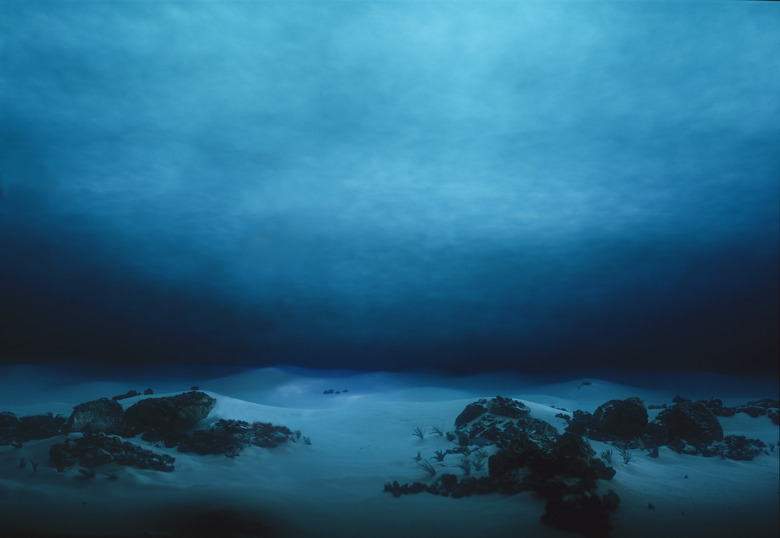Scientists Made A Sound So Loud, It Vaporizes Water On Contact
You've heard of sound that can shatter glass – but what about sound that vaporizes water?
Yep, it exists, according to a recent study published in the Physical Review Fluids scientific journal, and researchers are calling it the loudest conceivable underwater sound. It didn't come from a rocket launch or a seismic tremor or anything big and showy – in fact, it came from a tiny water jet.
What Makes This Sound?
What Makes This Sound?
The world's loudest underwater sound emits from a microscopic water jet, not quite as wide as a human hair, being hit by an even-thinner X-ray laser, according to CNet. Humans can't actually hear it, since the Stanford scientists who made the sound did so in a vacuum chamber at the SLAC National Accelerator Laboratory in Menlo Park, California. But we can see the sound's effects, thanks to a series of ultra-slow-motion videos of the event.
A Sound You Can See
A Sound You Can See
Each video was filmed in around 40 billionths of a second, and features the X-ray laser splitting the water jet in two. As this happens, the liquid contacting the laser vaporizes, and pressure waves run down either side of the water jet. The sound rang in at around 270 decibels (for reference, NASA's loudest rocket launch reached around 205 decibels).
The slow-motion videos demonstrate a devastating impact from this laser-water jet sound, if only on a microscopic scale. Within 10 nanoseconds, the pressure waves moving down either side of the water jet form fizzing, black clouds of bursting bubbles.
The Benefits of Knowing Limits
The Benefits of Knowing Limits
This experiment demonstrated the loudest possible underwater sound because, as study co-author Claudiu Stan told Live Science, the sound "would actually boil the liquid" if it was any louder. If the water boiled, the sound would lose its medium.
Therefore, this study outlines the limits of underwater sound. Stan told Live Science that understanding those limits could assist in future experiment designs.
"This research can help us investigate in the future how microscopic samples would respond when they are vibrated severely by underwater sound," Stan said.
In 2017, SLAC researchers used the same laser used in Stan's study to blast the electrons from an atom, creating a sort of "molecular black hole" that sucked in available electrons from all nearby atoms. That experiment tested the limits of physics, two years ago. Now, scientists have narrowed that down to the limits of sound in water.
Cite This Article
MLA
Swanston, Brenna. "Scientists Made A Sound So Loud, It Vaporizes Water On Contact" sciencing.com, https://www.sciencing.com/scientists-made-a-sound-so-loud-it-vaporizes-water-on-contact-13719449/. 9 June 2019.
APA
Swanston, Brenna. (2019, June 9). Scientists Made A Sound So Loud, It Vaporizes Water On Contact. sciencing.com. Retrieved from https://www.sciencing.com/scientists-made-a-sound-so-loud-it-vaporizes-water-on-contact-13719449/
Chicago
Swanston, Brenna. Scientists Made A Sound So Loud, It Vaporizes Water On Contact last modified March 24, 2022. https://www.sciencing.com/scientists-made-a-sound-so-loud-it-vaporizes-water-on-contact-13719449/
